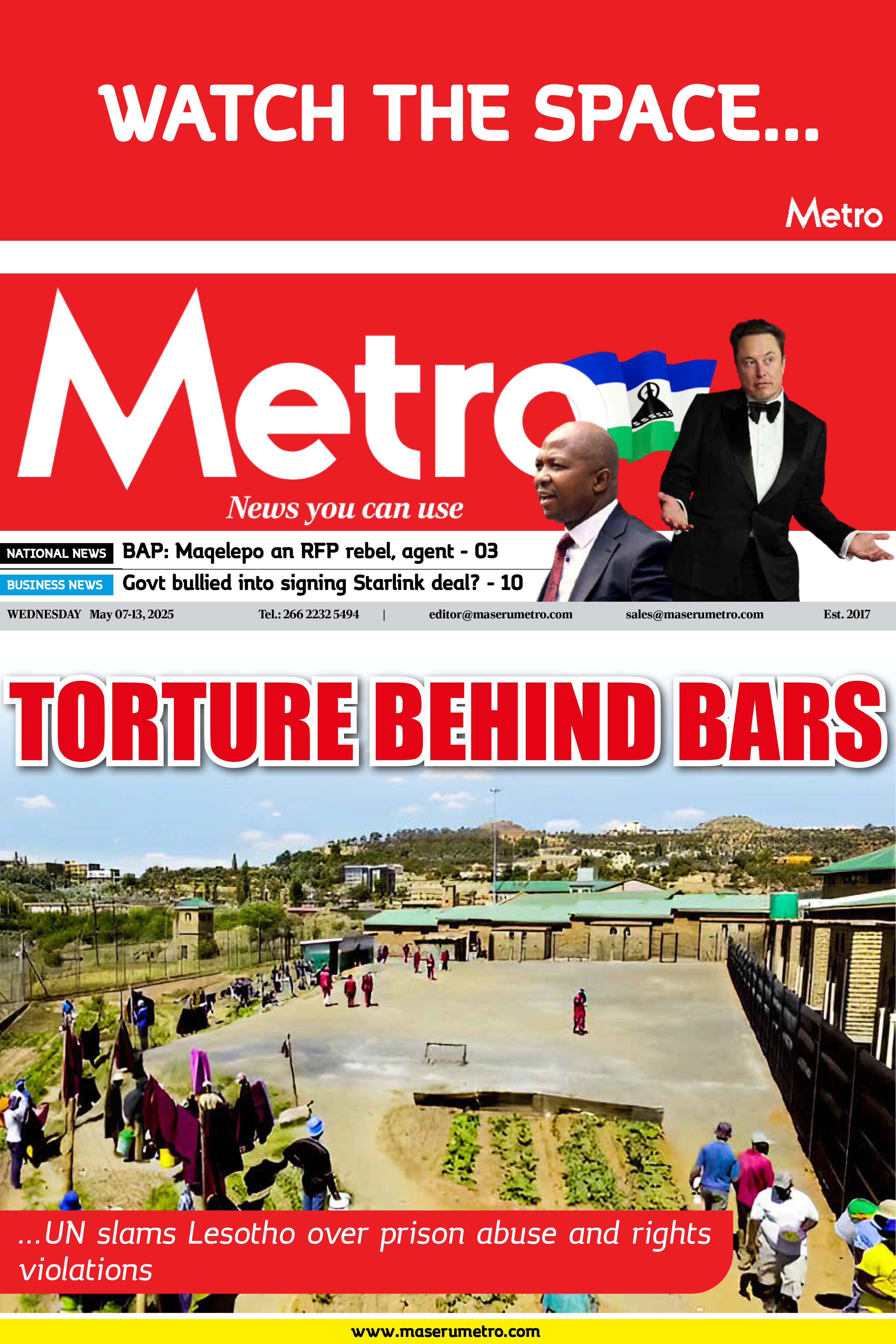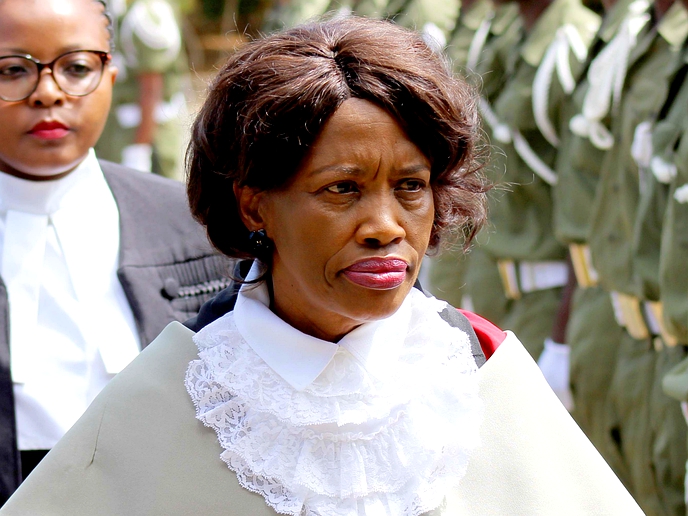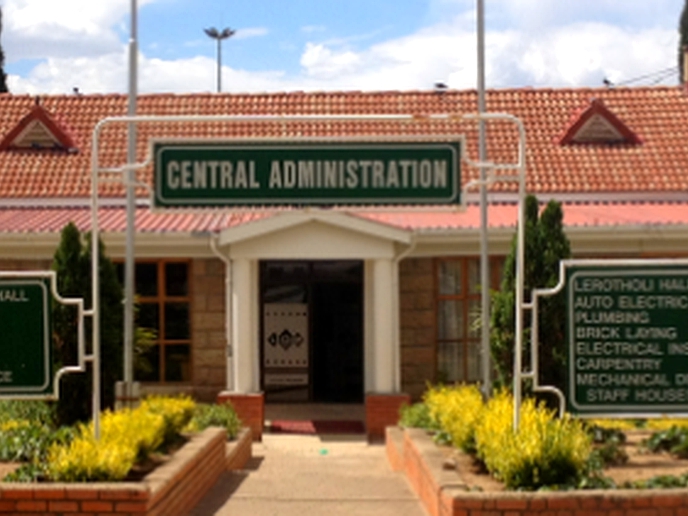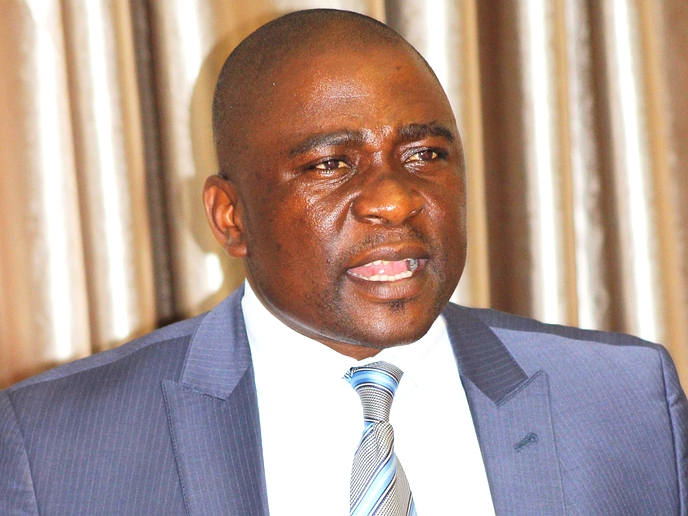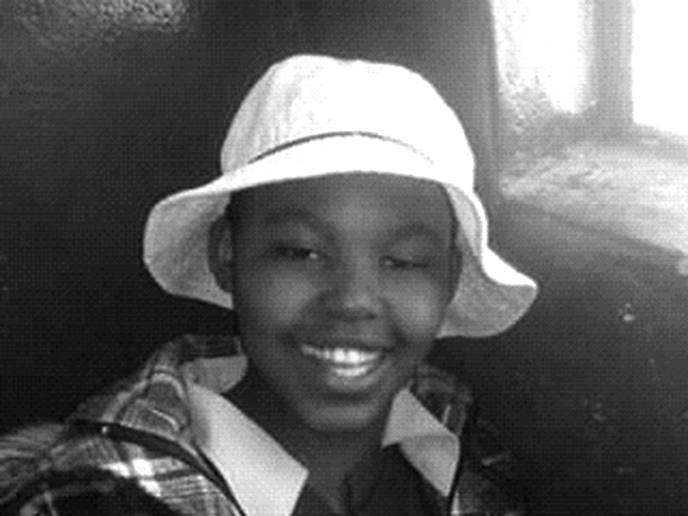A typical Mosotho man, Leabua had multiple careers and/or roles largely defined by the socio-economic conditions in Lesotho and its unique geopolitical situation; and a poverty buffeted South African enclave but nevertheless a country of proud self-confident people.
news
Nov. 22, 2018
PROFESSOR FRANCIS K. MAKOA (PhD)
8 min read
Dr Jonathan was a DIY man who led by example
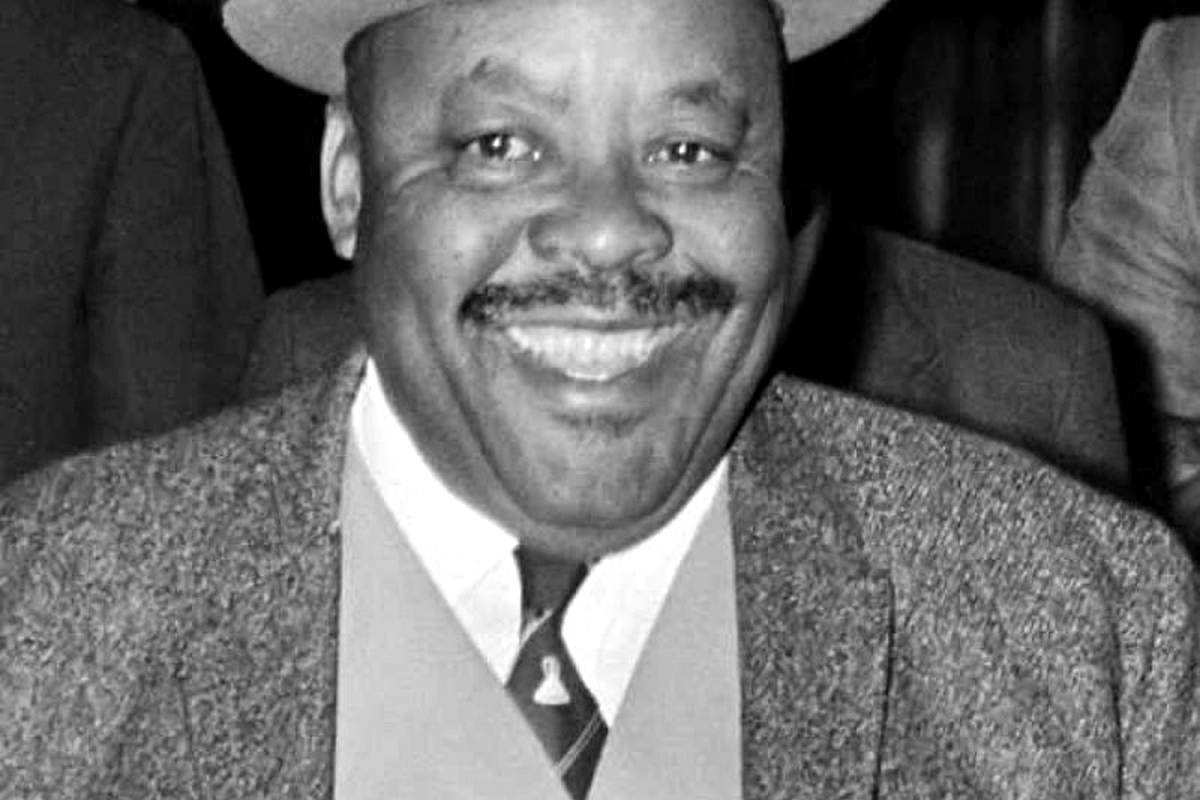
Professor Makoa said this while giving a centenary memorial lecture of the second Prime Minister of Lesotho, Chief Joseph Leabua Jonathan in Maseru on November 16, 2018. Today’s memorial lecture, which is a great honour for me to deliver, is given in commemoration of the late Morena Leabua Joseph Jonathan one of King Moshoeshoe I’s descendants, founder and leader of the Basotho National Party (BNP) and former prime minister of Lesotho.
I mean a Mosotho man and husband with a stable and enduring family; and indeed, a parent who fathered, grew, raised, supported and mentored his children and those of the relatives and neighbours, and fended for all of them; a believer in Almighty God and devout Christian. I mean that man, Leabua, who had had myriad but successful careers, that is, a farmer, mine labour migrant worker and member of the Regency staff at Matsieng; but also a chief or morena by birth, and servant of the people in his community and ward at large, selflessly assisting everyone in such community and ward with whatever he could; and a career politician, yet a pragmatic and strategic thinker, patriot and diplomat able to forge friendship with the world’s powerful countries and secure foreign assistance for Lesotho without compromising its independence and sovereignty; whose time in power witnessed massive flows of foreign direct investment into the country and development of modern industry; a statesman and leader, and one of the spearheads of among others the Southern African Development Co-ordination Conference (SADCC), the forerunner of the present Southern African Development Community (SADC), and bulwark against the then destabilizing apartheid Pretoria regime.
Enjoy our daily newsletter from today
Access exclusive newsletters, along with previews of new media releases.
Leabua was born and raised in a socio-cultural setting in which all the people, regardless of their social ranks and statuses, were accorded equal value and treatment; in a community of traditional Basotho who were bound together and guided in their behavior by an ethos of Bosotho and Botho, both as the embodiment of all that is intrinsically good: that is, beneficence, benignity, humanity, discretion, politeness, empathy, magnanimity, selflessness, tolerance, and accommodation and respect for others.
Leabua Jonathan was thus a person (Motho) with the Bosotho and Botho that I describe or refer to here. This attribute was one of the resources available to him whilst morena and on becoming a career politician and joining the struggle for Lesotho’s independence and political modernity (call it democracy). But for Leabua, independence and political modernity ought to protect and preserve Basotho’s culture, customs and traditions as their inherent rights and what defines them, including the institutions that underpin and help to reproduce Bosotho and Botho – that is, such culture, customs and traditions. Such institutions are Borena, or chieftainship, and the Basotho customary laws. Morena Leabua argued rightly that Basotho’s culture, customs and traditions were functional rather than nugatory to modernity, that is, economic, political and social development and transformation.
Collective human effort development programmes
His argument was informed by his knowledge of Basotho and their history; that they easily adjusted and responded positively to the demands and vicissitudes of the market economy as brought to Southern Africa by the European settler capitalists in the 19th century, producing surplus grain for export to South Africa on a scale that earned Lesotho the appellation, ‘the granary of Southern Africa.’ Basotho used in mobilizing labour in this respect their collective human effort (matsema or traditional working parties) on which Leabua later modeled his successful rural development programme which saw construction of a network of roads, water fountains and dams throughout the country. Above all, he is the only Lesotho leader who banished hunger in the midst of Basotho. A star traditional dancer, Morena Leabua participated directly in efforts that promoted and protected Basotho culture, customs and traditions by joining reveling Basotho cultural dancers during official national celebrations. Leabua’s efforts at promoting and protecting culture thus antedates the haloed International Convention on Economic, Social and Cultural Rights (IESCRs).
His philosophy also ran counter to the theories that associated chieftaincy and the monarchy with political backwardness and inefficiency, and that these must be dispensed with. Of course, the elegance of such theories could not and indeed did not conceal to the son of Jonathan their underlying fallacies. These had long been exposed by the industrialization in Western Europe and nation and/or state building process, an essentially political development or modernization, in Southern Africa. The evolution of organized monolithic nation-states under Shaka Zulu and Moshoeshoe I is an instructive example. Leabua was not a cultural or national chauvinist, however, not fighting or undermining exotic cultures and persecuting, as a Lesotho ruler, other cultural groups in the country.
The road to independence
A career politician by 1959, Morena Leabua led the Basotho National Party (BNP) that he founded in that year to electoral victory in the 1965 general elections that paved way independence. The victory catapulted him to state power, thus providing an opportunity for him to implement his vision of post-independence Lesotho: that of a peaceful, strong and prosperous country with an advanced economy comprised of a diversified industry in which agriculture, finance and manufacturing played a leading role; of a non-corrupt, prosperous and self-reliant nation with educated and skilled citizens, not only having jobs in their home country but also directly serving participating its development; Lesotho of equal people with unfettered right of involvement in governance and decision-making process, and as owners of the natural resources in the country; a Lesotho of people freely expressing their own culture and talents. In sum, Leabua envisioned a nation of educated, technically skilled, disease free, industrious and innovative people; the Basotho charterers of their own destiny and that of their children. This is the philosophy that undergirded his initially much derided but effective matsolo-a-iketsetse (literally, do it for yourself approach) as rural development tools.
Morena Leabua implemented this vision and that of the BNP that he led through crash programmes of which thrust was: job creation, food self-sufficiency, minimization of income inequalities and sustainable development, supported and driven by the institutions that he created himself, such as the national development corporation, Lesotho national development bank, Central Bank of Lesotho, Agricultural Development Bank, Land Development and Building Finance Corporation, Basotho Enterprises Development Corporation (BEDCO) an insurance company, producer marketing infrastructure, food processing and manufacturing factories (flour mills, cannery etc.), animal feedlot and abattoir and agricultural inputs supply centres run by the defunct Co-op Lesotho; also through a grand project that comprising increased investment in education and skills development training, human resources mobilization, health, and water supply and soil conservation schemes. This heralded the growth of skills development centres – Thaba-Tseka, LOIC, etc.
Foreign policy
Coe-existence with or non-antagonistic policy towards the only neighbour, South Africa, was one of the main strands of Leabua’s national security and foreign policy. This was condition for Lesotho’s peace, security and thus survival of its sovereignty, according to him; and indeed, this remained Lesotho’s national security and foreign policy orientation until 1986. But he made clear to the Afrikaner-led apartheid regime that this did not mean subordination to South Africa and the kingdom’s abdication of its international and regional responsibility and obligation; that is, the responsibility for providing refuge and succor for political exiles coming into Lesotho and not to forcibly return them to their country of origin.
These exiles were mostly South Africans and members of the African National Congress (ANC) and Pan-Africanist Congress (PAC) fleeing racial oppression in South Africa. In fact, as a measure to protect the exiles, Leabua’s administration never established special refugee residential areas in Lesotho for these would be obvious and ready targets for attacks by the apartheid South African National Defence (SANDF). Likewise, his government never paraded or conducted roll-calls for the refugees for counting or for any other purpose.
Morena Leabua briefed and/or consulted the liberation movements on all matters affecting them and the rest of the refugees in the country; and shared with them vital information in this regard. Thus, his government’s relations with these movements, the ANC in particular as the bigger of the two and more forthcoming and pragmatic, were in effect of mutual co-operation and respect. Indeed, any departure of refugees from Lesotho during his rule was always under the auspices and support of the United Nations (UN) in consultation with their leadership.
I talk here about the man who defiantly rejected demands by the racist South African regime that Lesotho should expel and hand back to all the exiles that it declared a threat to it. Morena Leabua maintained this position even in the face of increased pressure by that regime; pressure that comprised economic sanctions and armed incursions and raids into the country by the then apartheid South African Defence Force (SANDF) in Decembers of 1982 and 1985 that killed many people (42 and 9 respectively), most of them ANC members.
But these were not enough to persuade the principled Lesotho prime minister to climb down. He stayed behind his guns until the end of his premiership. Economically costly border blockades imposed on Lesotho by the apartheid regime encouraged its agents and proxies within the then Lesotho Para-military Force (LPF) to stage a reactionary coup that overthrew his government on 20th January 1986. Morena Leabua had vowed not to turn his back against the South African political exiles even if he were to lose power or die. For the liberation forces (ANC and PAC), however, Leabua’s overthrow further inspired them to intensify the struggle for an apartheid free South Africa. Also, pressure both regional and international on the apartheid regime intensified rather than diminished, ultimately leading to its demise and its replacement in 1994 by a truly representative government.
I end this lecture by noting that because of his being the man described here, Morena Leabua is the most decorated or honored of all the kingdom’s post-independence national leaders. The prestigious awards to him in this respect are two honorary Doctor of Philosophy degrees by St Xavier University (in Canada) and the National University of Lesotho (NUL), and the Dag Hammarskjold and the Companions of Oliver Tambo awards respectively. These are in recognition of his government’s efficiency in managing development process and public assets, and strategies for improving the lives of the people while prime minister of Lesotho; more especially his contribution to the liberation of South Africa. Corruption was minimal under Morena Leabua’s rule, and the little that the country experienced of it was punished.
Tailored for you
